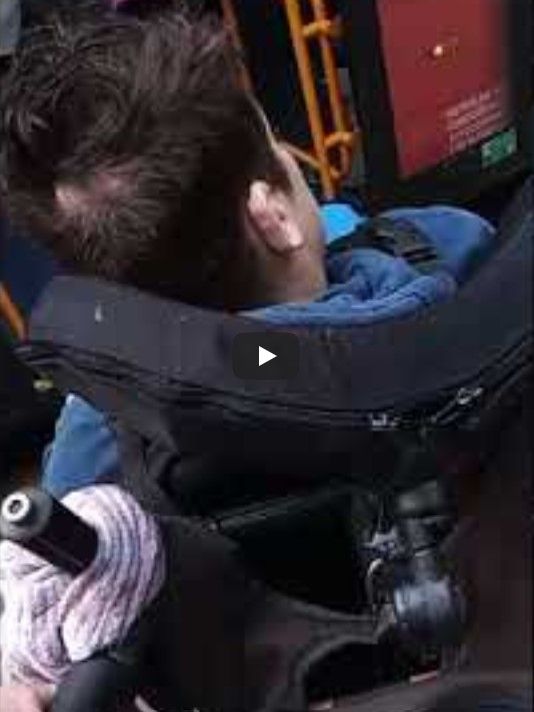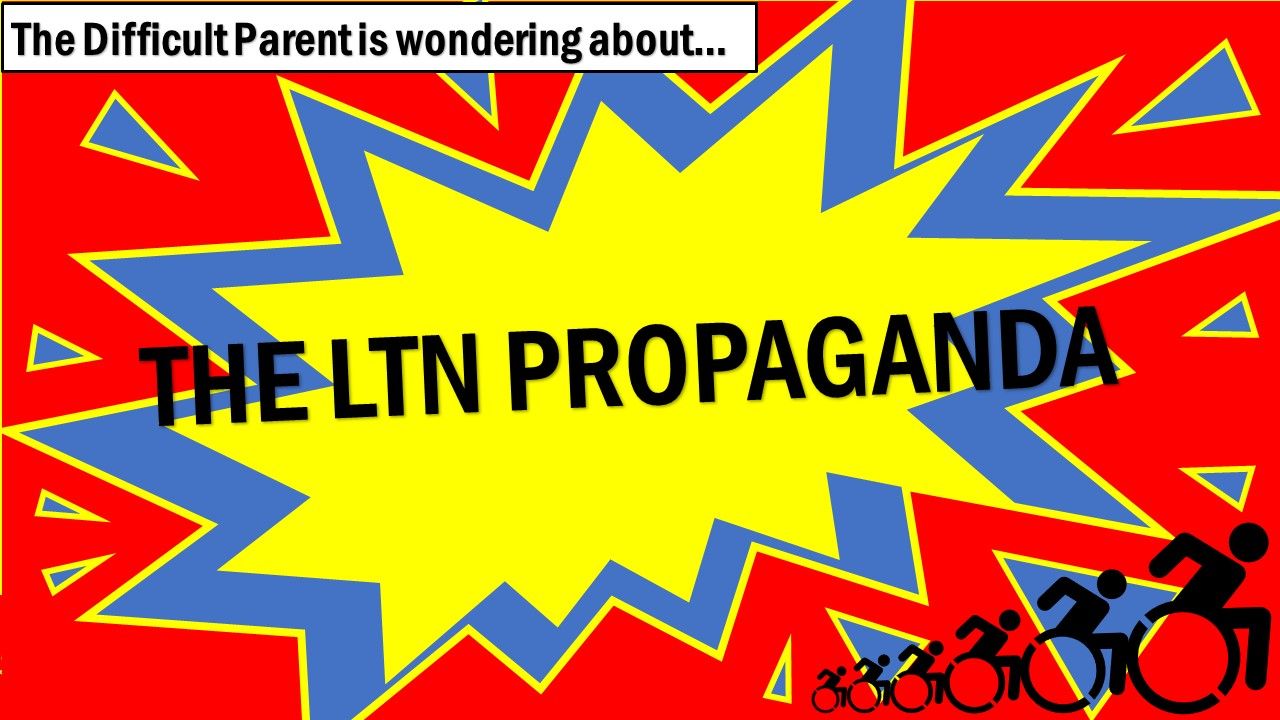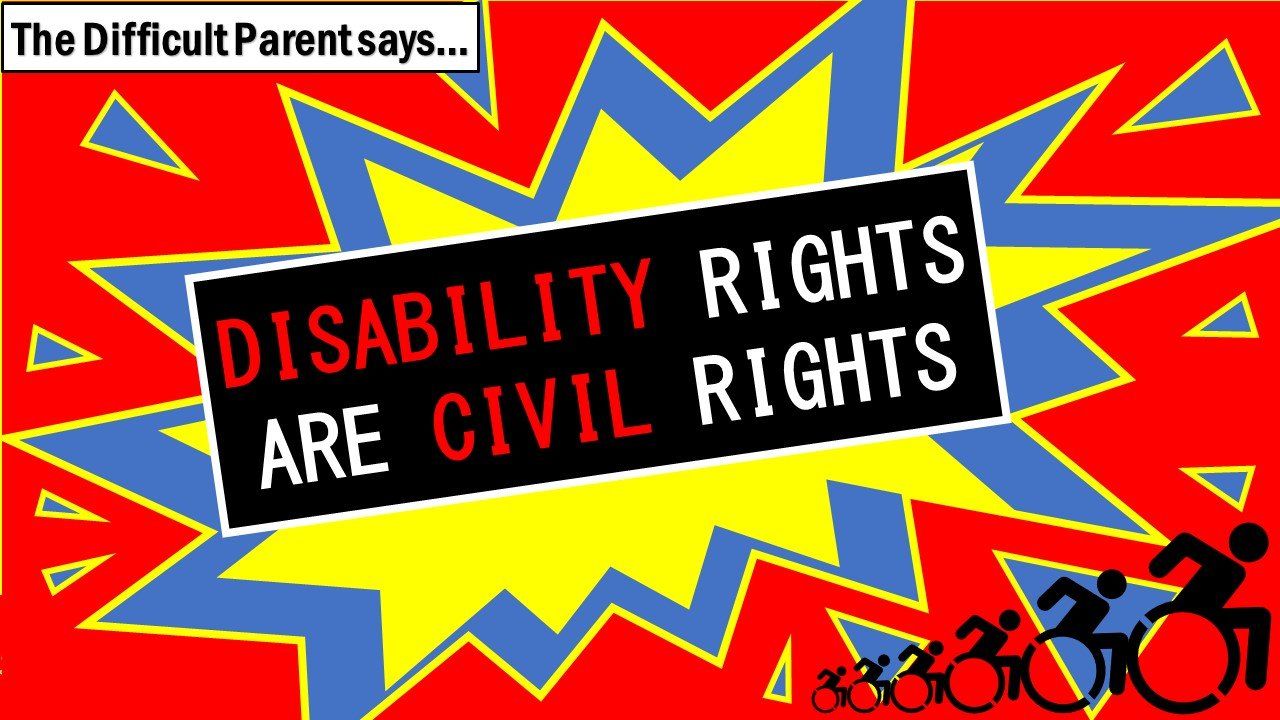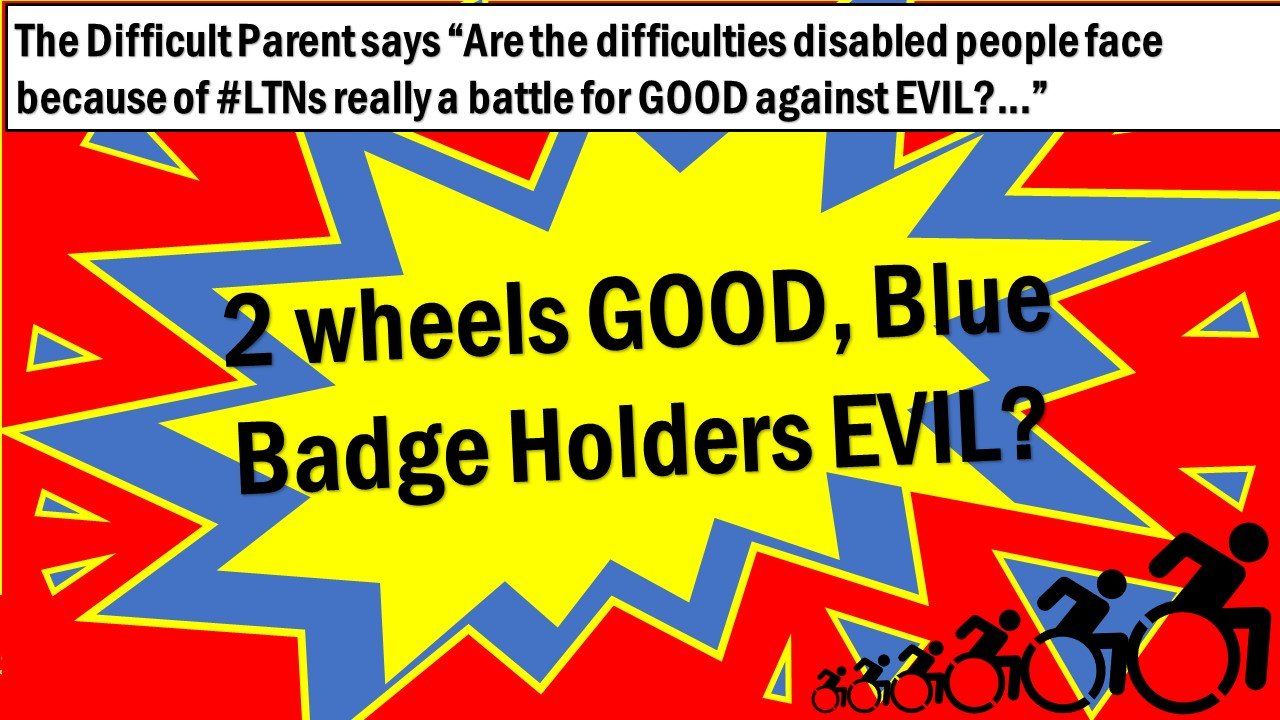A closer look at Haringey SEND departments claims of engagement reveal that the same old problems still prevail
- By Brian Leveson
- •
- 26 Feb, 2021
- •
A closer look at Haringey SEND departments claims of engagement with parents show the same old problems still prevail. Engagement is not inclusive and limited to only face to face meetings, with no alternative for excluded communities; engagement still seems to lack good governance, transparency, clear lines of reporting and good project management like timelines, milestones and deadlines.

Councillors asked the SEND department for flexible and imaginative ways of engaging parents and carers
Scrutiny Panel Report 2020 said that
Engagement is not inclusive: it is very limited and inflexible; it is not transparent and there is no evidence of good governance, reporting structures, clear timelines etc
Engagement is still restricted to a selected few, does not allow enough time and opportunity for engagement and seems to have no transparency
The recent Whittington Health engagement was a GOOD example of the flexibility we would like to see. The engagement included letters directly to users, TWO online surveys and a range of online meetings - the details for which were openly advertised online. Following discussions, they project team have been open to extending the consultation end date. Kudos to them!
See here the Whittington engagement pages. Link:Haringey Engagement - Our Buildings (whittington.nhs.uk)
When we requested to join the SEND meetings on the Parent Carer forum, no details were forthcoming from the commissioner.
There is no good governance and transparency about what was discussed at both of these events for example no publicly published agendas and minutes. The principles of good governance and transparency must be adhered to, in order to ensure that promised actions are carried out. Poor governance and reporting structures have been an on-going issue with Haringey SEND engagement, so many hours of the outcomes of engagement have been wasted. Haringey's own Consultation Charter promises that At the end of the consultation we will communicate what will happen next, when the results of the consultation will be published, when and by whom the decision(s) on the proposal(s)will be taken, and when the decision(s) will be published
The engagement is still being run by the officers of the council, not parents. And it is the officers who arrange the meetings, plan the agendas and chair the meetings. Parents are still not being treated as equal partners.
The Special Educational Needs and Disability (SEND) Code of Practice (January 2015) paragraph 4.7 requires the 'Local Offer' of SEND services to be:
• collaborative: local authorities must involve parents, children and young people in developing and reviewing the Local Offer. They must also co-operate with those providing services (4.9 Local authorities should do this in a way which ensures that children, young people and parents feel they have participated fully in the process and have a sense of coownership)
• accessible: the published Local Offer should be easy to understand, factual and jargon free. It should be structured in a way that relates to young people’s and parents’ needs (for example by broad age group or type of special educational provision). It should be well signposted and well publicised
• comprehensive: parents and young people should know what support is expected to be available across education, health and social care from age 0 to 25 and how to access it. The Local Offer must include eligibility criteria for services where relevant and make it clear where to go for information, advice and support, as well as how to make complaints about provision or appeal against decisions
• up to date: when parents and young people access the Local Offer it is important that the information is up to date
• transparent: the Local Offer should be clear about how decisions are made and who is accountable and responsible for them
(Link to SEND CoP (Jan 2015): https://assets.publishing.service.gov.uk/government/uploads/system/uploads/attachment_data/file/3988...)
There are questions to be asked about the SENDIASS recommissioing
Was the SENDIASS engagement rushed over a period of less that 2 weeks to be completed 2 days before a decision critical of the Haringey SEND department and the Haringey SENDIASS service offered by Haringey was published?Was the SENDIASS engagement rushed over a period of less that 2 weeks to be completed 2 days before a decision critical of the Haringey SEND department and the Haringey SENDIASS service offered by Haringey was published?
Because we do not know, because we did not attend the meeting and because there are no published minutes, we do not know if the 26 parents who attended were aware of that decision - and therefore had the opportunity to consider all the facts about the current SENDIASS service provision.
Read more on the blog: Were Haringey parents misled in the Special Educational Needs and Disability Information Advice and Support Service (SENDIASS) recommissioning "consultation"? (difficultparent.com)
Two examples of engagement by Haringey SEND with poor governance - and the outcomes - Changing Places and Haslemere respite centre
- An example of the outcomes that poor governance leads to is the ongoing campaign for Changing Places in order for people with complex toileting needs and their families to access leisure activities in Haringey, which we first raised to the then Head of SEND in 2016, when we were asked to review the global leisure offer to Haringey families, and again in 2019. Link: Haringey has asked us: If you had 15K, which public building in Haringey would you spend it on, and what would you do to it to make the building more accessible for your child? (difficultparent.com)
- Another example is the 'engagement' and a lack of upward reporting, transparency and good governance the Haringey respite centre, Haslemere respite. Link: Whatever happened to Haslemere? (difficultparent.com)
From the SEN (D?) newsletter about their 2 most recent engagement activities
SENDIASS Recommissioning
The Council is continuing to co-produce services with parent/carers and all parent/carers were invited to attend one of three engagement events in January to discuss re-commissioning the SENDIASS in Haringey and to gather their views and comments. 26 parents attended in total and they shared their views and experiences which was helpful and informative and have been used to shape the new service specification.
Following the events eight parent/carers volunteered to be on the working group to co-design the service specification and 4 parents have volunteered to be part of the evaluation panel. The tender process will take place over the next few months and parents/carers will be updated on the outcome.
The Council would like to thank the parent/carers who volunteered to be involved in co-producing these services and it has been a great opportunity for the council and parent/carers to work together to improve services for children and young people with SEND and their families.
Parent Carer Forum
Following the engagement events held in November, parent/carers volunteered to work with commissioners to co-design the service specification to commission a host provider to work with parents/carers to establish a new parent carer forum in Haringey. The contract opportunity will be advertised over the next couple of months and parents will be part of the evaluation process. We will let you know when a host provider is chosen and how you can get involved.
Haringey Consultation Charter
- Consultation is a fundamental part of the planning and provision of services.
- We will value the time and energy that people put into responding to consultations and will make it simple for people to tell us what they think.
- Whenever possible we will co-ordinate our consultation programme with other organisations that consult people living and working in Haringey.
- Understanding what we already know is better than asking again – we will monitor our consultations and avoid duplication and repetition.
- We will communicate clearly about the purpose of the consultation, who is being consulted, the way we are consulting and when decisions will be taken on proposals.
- We will actively seek to engage communities affected by the proposal(s) and explain how the proposed changes might affect different people.
- We will provide enough information about consultation to help people make an informed contribution. We will include information about other issues and facts being considered by decision-makers alongside the consultation results.
- We will use Plain English and translate documents into other languages, transcribe into other formats (e.g. Braille) and provide interpreters at meetings when they are needed.
- We will use appropriate consultation methods.
- We will follow good practice and legal requirements that relate to equality and social inclusion.
- At the end of the consultation we will communicate what will happen next, when the results of the consultation will be published, when and by whom the decision(s) on the proposal(s)will be taken, and when the decision(s) will be published










